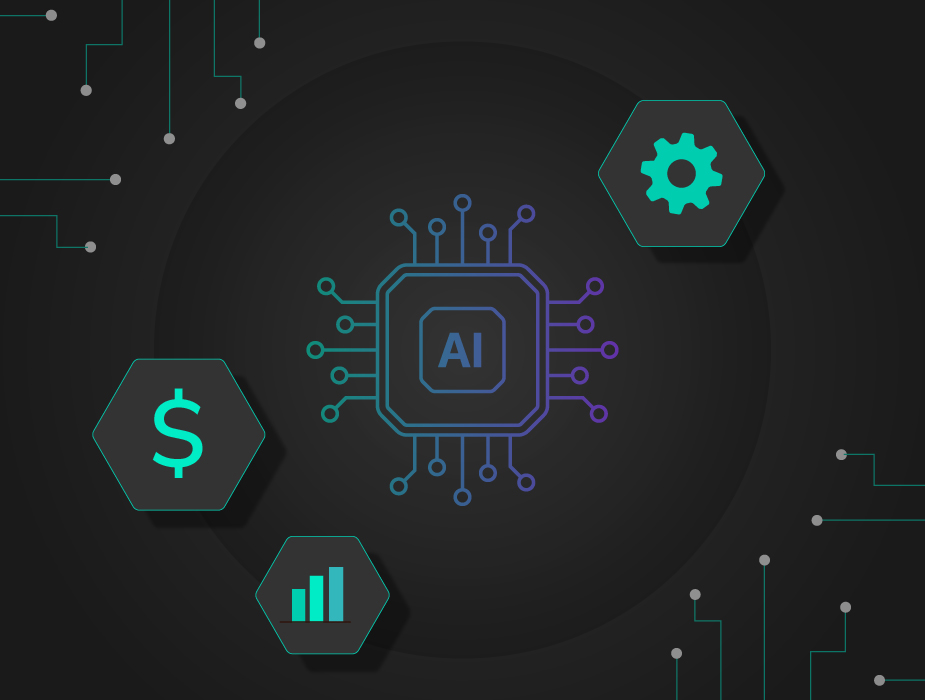Join our newsletter



Discover how AI tools can streamline sales processes and help you navigate the evolving sales landscape. Over the past three years, AI has captured widespread attention, and it’s easy to see why—it significantly advances automation and data analysis. However, its impact on sales may not be immediately clear. Traditionally, sales have relied heavily on human skills such as empathy, charisma, and the ability to nurture interpersonal relationships.
The sales environment faces challenges such as increasingly complex buying processes, rising competition, and decision-making access. Explore how AI tools can simplify these processes and help you adapt to the shifting sales landscape.
Sales professionals engage in tasks such as prospecting, generating interest, sending communications, and analyzing response rates and benefits daily. Consequently, marketing tools have been developed to facilitate growth and enhance sales performance. These tools also focus on customer satisfaction, from gathering feedback to identifying areas for improvement.
AI can play a crucial role here. By analyzing vast datasets and turning them into actionable insights, AI is well-suited for optimizing sales processes.
The introduction of ChatGPT in early 2023 signaled an unprecedented pace of technological advancement. From large language models to text-to-image generators, AI solutions have never been so accessible. While many perceive AI as a complex technology, its applications often boil down to automation.
The right AI solution can be invaluable for a company, especially one experiencing rapid growth. To continue expanding, it's essential to maintain visibility on leads and ensure customer satisfaction. Let’s delve into what these solutions can achieve.
When looking for AI-powered sales software, you'll find numerous options. Features such as lead generation, CRM, and analytics are readily available with products from Salesforce.
The first step in a successful sales strategy is engaging with potential leads. AI-driven lead generation tools can automate the analysis of open rates, lead sources, and purchase likelihood, allowing you to focus on the most promising prospects.
CRM solutions should not be underestimated. The right CRM can help you forecast future outcomes based on data trends and patterns. Go beyond analyzing past events and create predictions to anticipate the impact of decisions and trends. Predictive analytics can transform historical data into statistical insights, making it easier to master sales.
Avoid the dreaded “send to all” emails with your clients. AI tools can help personalize emails, reducing human error and the risk of negative advertising. Beyond addressing clients by name, AI can tailor communication strategies based on age, consumption habits, industry, and more. Personalizing post-sale strategies according to client communication preferences ensures a balanced sales approach for CRM.
Avoid the dreaded “send to all” emails with your clients. AI tools can help personalize emails, reducing human error and the risk of negative advertising. Beyond addressing clients by name, AI can tailor communication strategies based on age, consumption habits, industry, and more. Personalizing post-sale strategies according to client communication preferences ensures a balanced sales approach for CRM.
Tracking activity is crucial for sales efforts. AI-powered dashboards provide up-to-date information on sales performance, offering reports and data that signal when a strategy needs adjustment. Stay on top of success and conversion rates, average deal sizes, and more. AI enables customized metrics and reports for both sales reps and executives.
In a digital landscape filled with challenges, the advantages of AI sales tools are clear. Automation in sales saves time and money, leading to better outcomes and resource use. AI also enhances sales intelligence, creating more current and effective sales strategies. Here’s how:
AI can streamline the process of finding and qualifying leads by analyzing demographic data and historical spending patterns, reducing the time needed to reach qualified prospects.
While a human might craft a perfect introductory email and nurture client relationships manually, scaling this with human resources isn’t feasible. AI can automate and scale personalization, adjusting communications based on customer data and preferences, even for large audiences.
Rather than relying on memory, use AI to analyze historical data and predict sales potential. AI can identify patterns and trends, allowing you to focus efforts more accurately.
AI tools can handle tasks like sending emails and scheduling meetings, reducing the volume of repetitive work for sales teams and allowing them to focus on building client relationships.
AI’s advanced algorithms and machine learning techniques analyze large data sets efficiently, offering real-time market trend analysis and actionable insights that keep your business agile and informed.
AI tools can summarize meetings, provide email recaps, and translate speech, improving cross-department communication and team alignment.